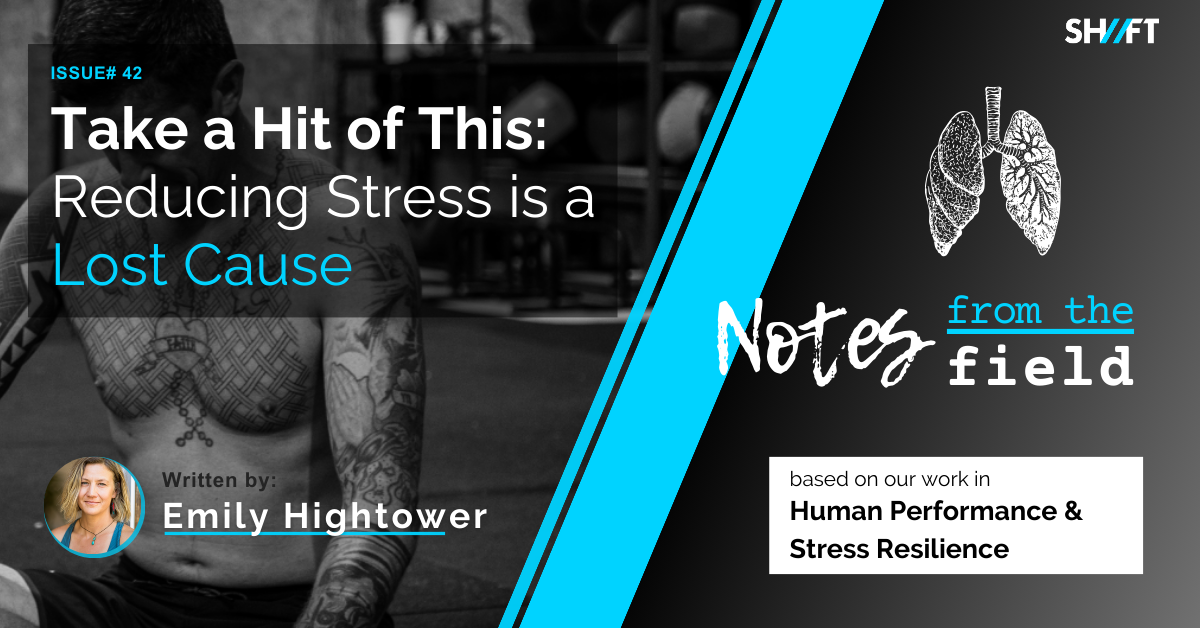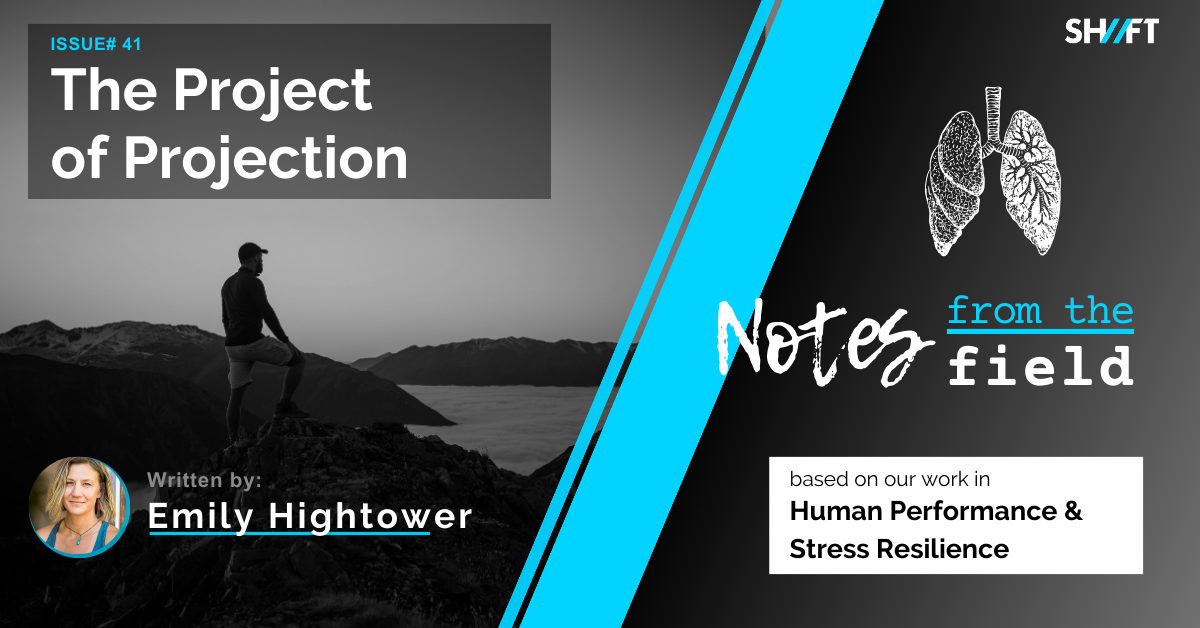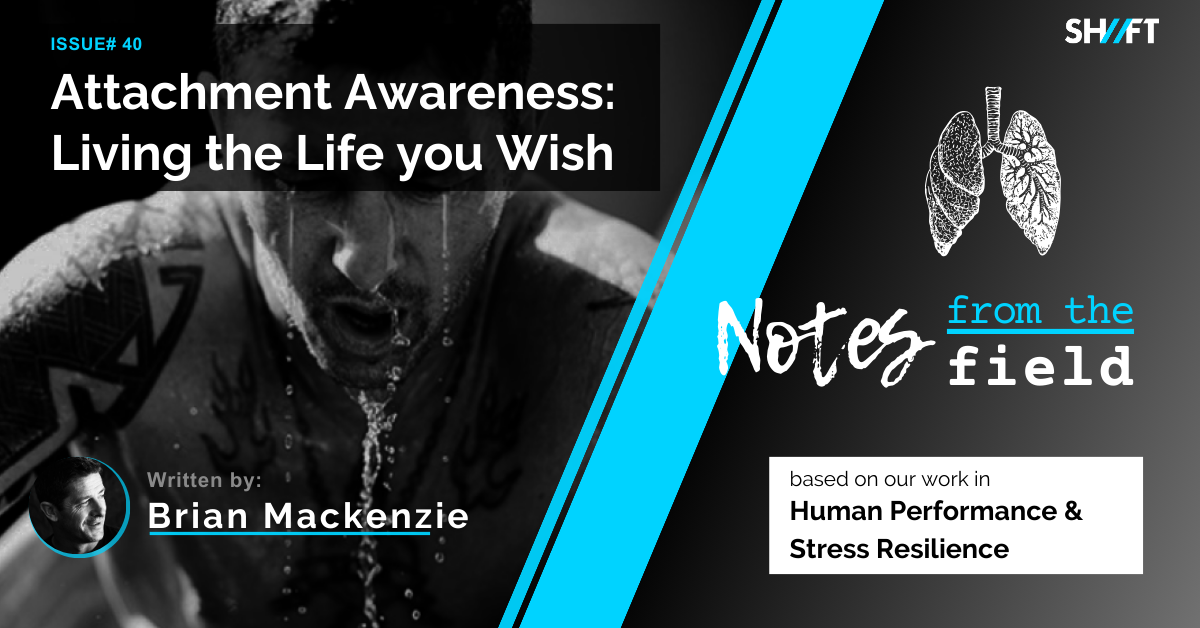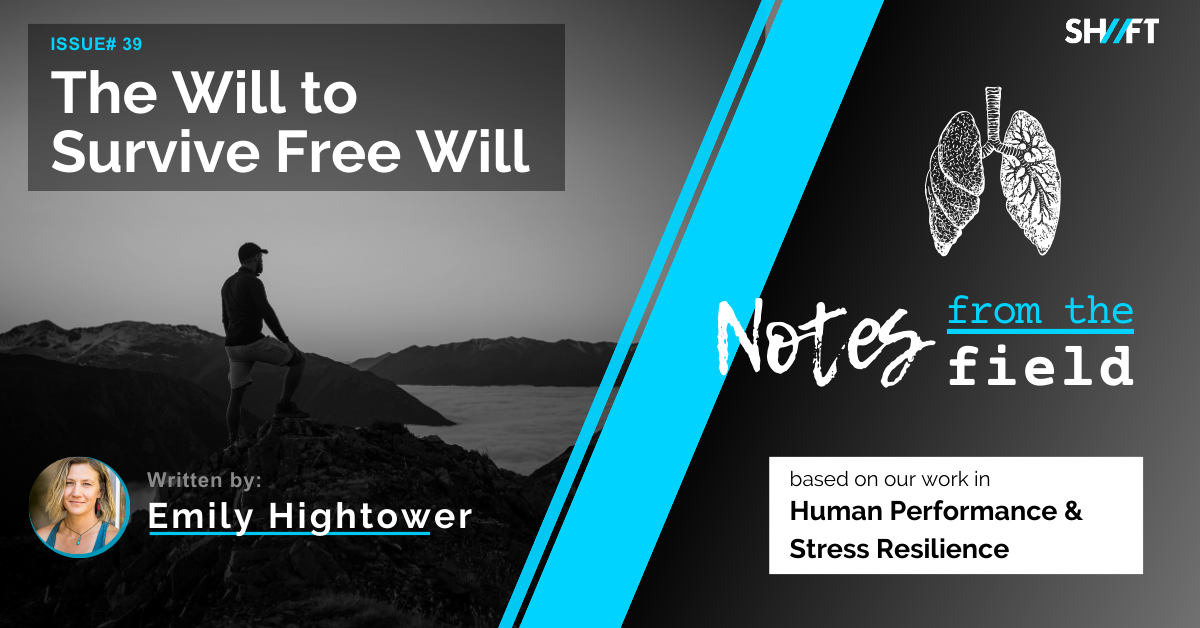Issue# 42
When you feel overwhelmed, anxious, depressed or lost, do you think about your life and start wondering, “How can I reduce my stress?”
My work centers around stress, but not in helping people mitigate it. I help people flip the story and consider that reducing stress is a lost cause until we deal with how we handle stress. With training, people I work with take intentional, manageable doses of known stressors in order to train a healthier, more stable response. They become resilient, and many of their perceived stressors melt in the process.
Think of Stress Like This
Stress isn’t going anywhere. A common analogy in our workshops is to think of stress as a bunch of leaky faucets filling up a bucket. These faucets include finances, health, work, relationships, house problems, parenting concerns, politics…..an endless list of things can cause us stress. When the bucket gets full from one faucet turning on more than we can handle, or the cumulative effect of these stressors overflowing our capacity, we have a physiological reaction of hyper or hypo arousal. We flip high, we flip low, or we toggle back and forth between anxiety and depression. At this point, we have lost the resources to manage anything, so we fixate on the stories that justify our state.
“I would be fine if I could just quit my job.” “It’s my landlord, until I move I will be depressed and stuck”. “I have to finish, and there are not enough hours in a day”. “Until schools are fixed, our child is going to suffer.” On and on we fixate on reducing stressors outside ourselves. This is VALID, and we’re not wrong for identifying real problems. But here’s the catch:
We create from state.
So if your stress bucket is overflowing, and you haven’t learned tools to regulate your state and empty the bucket first, your solutions will come from anxiety, overwhelm, depression, rage, etc. Furthermore, things you could usually handle with ease are colored by dysregulation, and mole holes turn into gigantic mountains in every direction. Wouldn’t you rather solve real problems with space to breathe, see, and think clearly?
In this analogy of stress as water, let’s think of it like a river that is always flowing. Sometimes it’s high and fast, sometimes it’s calm and sweet. We might try to dam it and control it, but all dams share the same fate eventually. They break. How would your stress change if you had the tools to reshape your inner response when the river breaches? What if you could become calm in the middle of the flood with the motor skills and cognition to grab a raft and oars and navigate from above the surface instead of drowning in the sagas, spending precious energy blaming the river?
Controlling Stress > Reducing Stress
My approach centers around learning your own physiology and the tools to transform reactivity into resources. This reorganizes the focus of control from trying to control life’s flow to connecting to the power of your mind and body. It’s not a linear path. It’s up and down. We all react, get overwhelmed, reflect, and learn. In the best cases, we train taking a hit of stress with skill to become more masterful over our experience.
When we shift how we are handling our internal stress response, our bucket of capacity grows. We want the biggest buckets we can create. We do this on the fly when buckets start overflowing, and more importantly through daily practice to train our bodies and minds to be supple, agile, resourceful, and optimistic.
If you are curious about this approach and the difference between processing stress and reducing stress, you can learn more in the Skill of Stress course online or request a live event for your studio, gym, or corporate group.
“….as within, so without…” – Hermes Trismegistus





